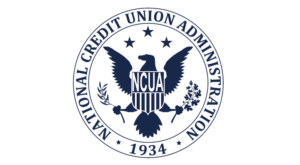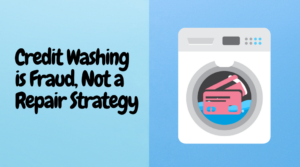Unpaid federal tax debt can result in tax liens being filed by the IRS. Federal tax liens can attach to the taxpayer’s real property or assets.
Taxpayers’ ability to secure loans or conduct financial transactions can potentially be affected. If a taxpayer establishes either a guaranteed installment agreement or a streamlined installment agreement the IRS won’t file a federal tax lien.
The IRS Fresh Start Program is a way to avoid a tax lien being filed against you.
What is the IRS Fresh Start Program
The IRS Fresh Start Program can be a helpful way for taxpayers to get a fresh start on their finances. Taxpayers who are struggling to pay their taxes may be eligible for the Fresh Start Program if they do not owe more than $50,000 in back taxes, including interest and penalties. Plus, taxpayers must have filed all required tax returns.
The program includes four main options:
(1) Installment Agreement. This allows taxpayers to make monthly payments on their tax debt over a period of time.
(2) Offer in Compromise. This allows taxpayers to settle their tax debt for less than the full amount owed.
(3) Currently Not Collectible Status. This allows taxpayers to temporarily stop paying their tax debt if they cannot afford to do so.
(4) Penalty Abatement. This allows taxpayers to have some or all of their penalties waived.
Benefits of the IRS Fresh Start Program
It’s important for taxpayers to carefully consider their options and speak to a tax professional before applying for the program but here are some of the benefits:
- It can help you prevent a tax lien from being filed against you.
- In some cases, it can remove an existing tax lien.
- It can reduce penalties and interest on penalties.
- It can allow you to make monthly payments on your tax debt that you can afford.
- It can help you get a fresh start on your finances.
How Unemployment Impacts the Fresh Start Program
the IRS Fresh Start Program takes unemployment into consideration when determining whether a taxpayer qualifies for the program.
Under the Fresh Start Penalty Relief Initiative, taxpayers who have been unemployed for at least 30 consecutive days during the tax year may be eligible for a six-month extension to pay their taxes without incurring failure-to-pay penalties.
Additionally, taxpayers who are currently unemployed may be eligible for an installment agreement with the IRS, even if they owe more than $50,000 in taxes.
However, it is important to note that unemployment is not the only factor that the IRS considers when determining eligibility for the Fresh Start Program.
The IRS will also look at your income, expenses, assets, and other financial factors.
Do Tax Liens Affect Credit Scores
In 2018, all three bureaus ⏤ Experian, Equifax and Transunion ceased the reporting of tax lien information. As a result, tax liens are not part of your credit score and were eliminated from credit reports.
However, tax liens remain public information despite not being officially included in your credit report.
Through consumer reporting agencies like SageStream, various entities such as lenders, credit card companies, landlords, and prospective employers could access information about any existing liens on your assets through consumer reporting agencies.
This information might be utilized to to influence decisions regarding loans, rental agreements, or employment applications.
Conclusion
Thousands of taxpayers have benefited from the program but there are many more who may not be aware of the Fresh Start Initiative program. The IRS will not proactively encourage taxpayers to utilize these plans as a means to prevent a lien from being filed.

















